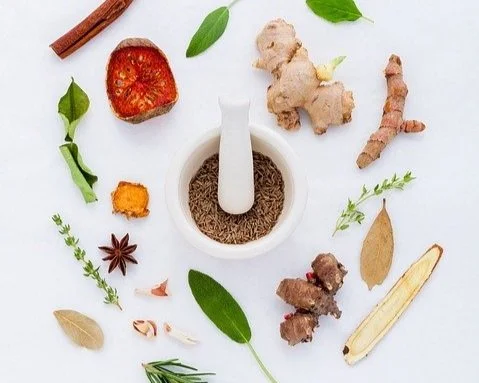How Gut Bacteria Controls Your Mood
“When the gut talks, your brain listens,” says psychiatrist Dr. Tracey Marks. People who are suffering from depression and anxiety have a higher number of harmful bacteria that produce inflammatory chemicals. The gut sends these chemicals back to the brain, distributing them throughout the body. While the ideal scenario is to have a diverse population of bacteria strains in your microbiome. This leads to the question, what makes you have good versus harmful bacteria?
Many factors affect your bacteria. A diet high in processed foods, sugar, red meat, and fast food promotes harmful bacteria. Also, medications can change your gut, and as you get older, your bacteria population becomes less diverse. Bacteria are sensitive to circadian rhythms changes, meaning poor sleep promotes harmful bacteria growth and inflammation.
According to Dr. Marks, the connection between having poor microbiome health and depression is so strong that research has shown that transplanting feces containing the bacteria from a non-depressed individual to a depressed individual treated the depression. Though we know this as a real thing that matters, transplanting feces as a treatment is not practical due to the risk of transmitting infection, and there is something about getting feces transplants that just doesn't sit right. This means you have to boost your own gut health!
There are many ways to boost your gut health. For starters, removing processed foods, sugar, and red meat from your diet will help boost your gut health immensely. Dr. Marks recommends the Mediterranean diet, which she covers in a video titled “Food Treats Mood.” Next, you want to eat prebiotics. Prebiotics are the fiber that feeds the bacteria. These foods are high in Inulin, Fruit Sugars, Polyphenols, and Polyunsaturated Fatty Acids. Some examples of prebiotics are onion, garlic, bananas, walnuts, wine, oily fish, and oats.
After the prebiotics, it's time to move on to the probiotics. Probiotics contain the bacteria you ingest to increase the favorable population of bacteria. You can get these from your diet or a capsule. Some examples of probiotic foods are yogurt, sauerkraut, pickles, and kombucha. Because these foods contain live bacteria, it is always best to check with your doctor to see if you are severely immunocompromised. “The more good bacteria you have, the better,” says Dr. Marks. You can increase the diversity of your microbiome by taking probiotic supplements along with probiotic foods.
Probiotic capsules contain freeze-dried bacteria that reconstitute once they get past the stomach into the gut, and it matters when you take these supplements. According to Dr. Marks, you must take these supplements on an empty stomach before your meal because your stomach creates acid as part of the digestive process, and good bacteria can survive this acid if it is not exposed for too long. This means the bacteria from probiotic foods or supplements must move through your body as quickly as possible to survive, which happens fastest when the stomach is empty.
Some other positive ways to promote gut health are to increase aerobic exercises to at least 150 minutes per week and get at least 7-9 hours of sleep each night. The microbiome is often also called the second brain, so it’s up to us to keep it healthy & in check! x

